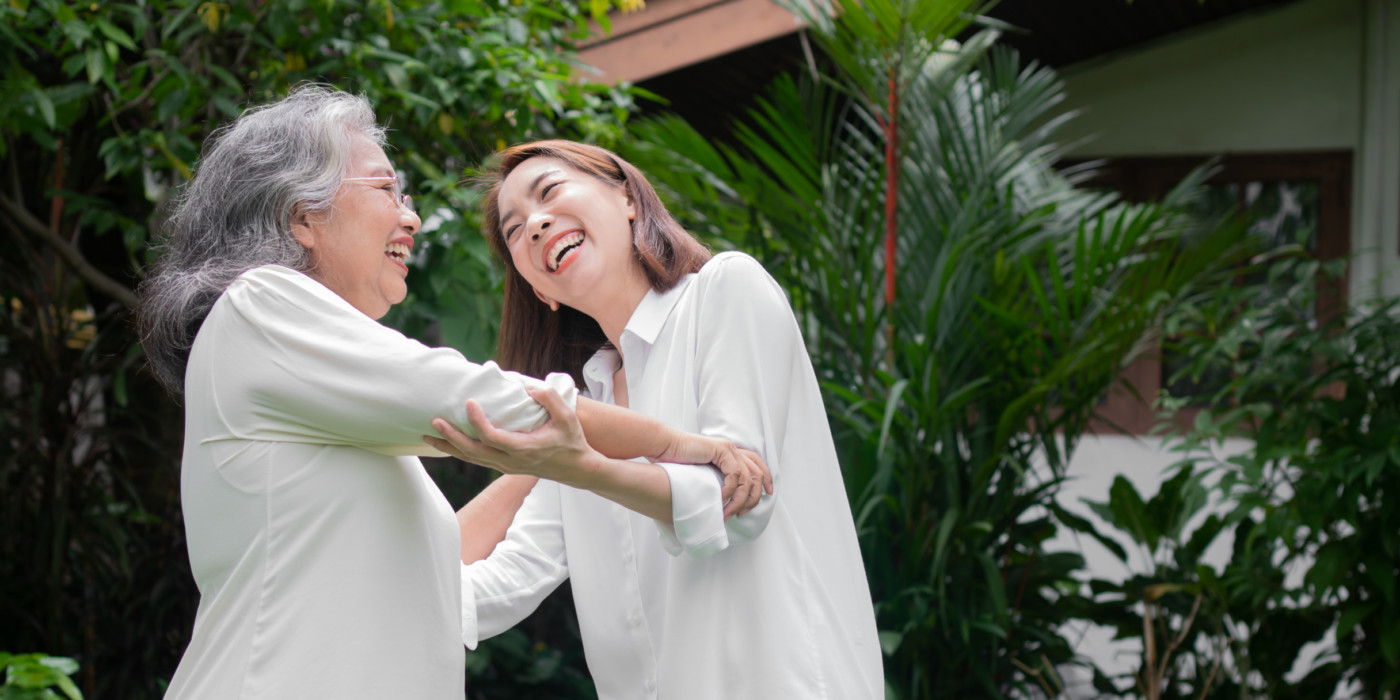Working with the elderly and how to make your day together successful:
Getting in touch with feelings
We want to openly share with the family members of the elderly some ideas about how you can make your day successful. This time, in our section: Working with the elderly, we discuss ways to be aware of feelings.
Knowing our client’s feelings is important so both parties know where the other person is regarding their feelings. Here are a few examples of how to get to know an elderly person’s feelings:
- Active listening: Listen to what the elderly is saying and try to understand the emotions behind their words. Repeat back what they say to confirm your understanding.
- Empathy: Put yourself in the person’s shoes and try to feel what they are feeling. Show empathy by acknowledging their emotions and providing comfort.
- Body language: Pay attention to body language. Facial expressions, gestures, and posture can often reveal how someone is feeling.
- Open-ended questions: Ask open-ended questions to encourage them to express their feelings in their own words. Avoid closed-ended questions that only require a yes or no answer.
- Reflective questioning: Ask reflective questions to encourage the person to explore their feelings in more depth. For example, “How did that make you feel?” or “Can you tell me more about what you’re feeling?”
- Validation: Validate the person’s feelings by acknowledging and accepting them. Let them know that it’s okay to feel the way they do and that their feelings are important.
Remember that every person is unique, and what works for one person may not work for another. The key is to be patient, compassionate, and willing to adapt your approach as needed.

Jussi Peltonen
Chair of the board
Hovi Care

